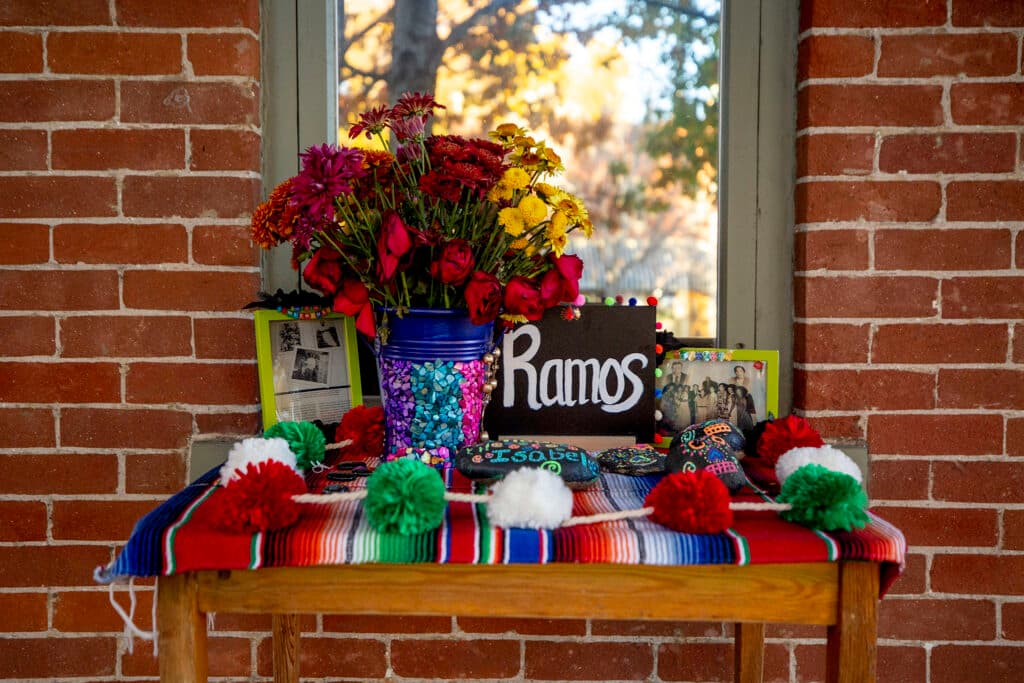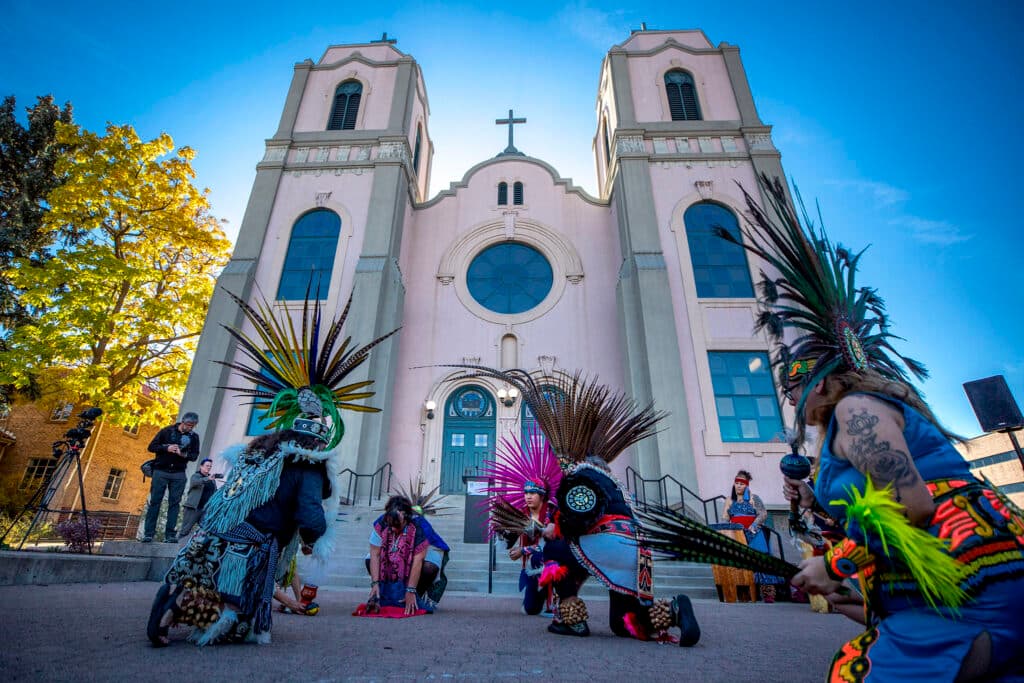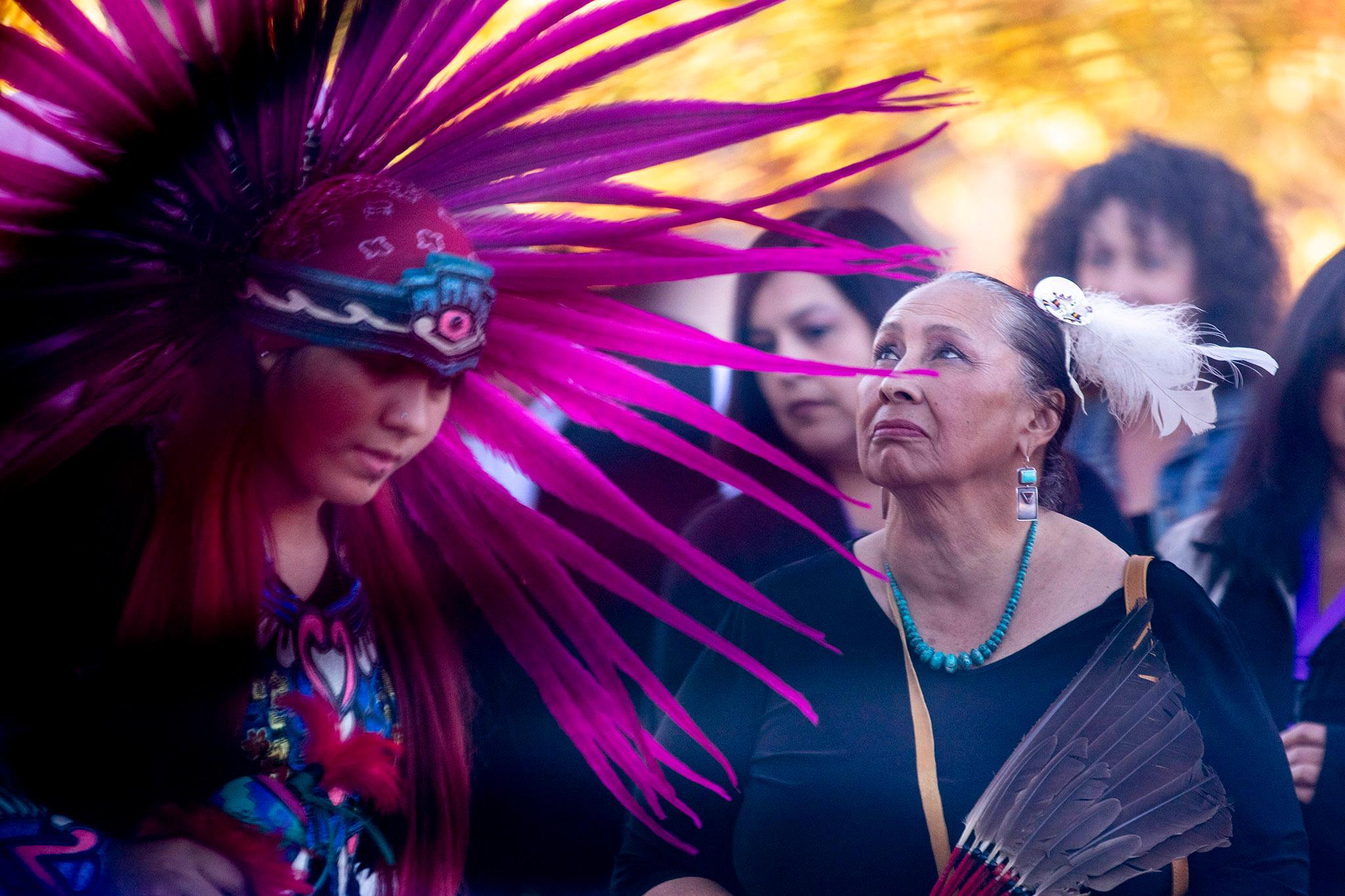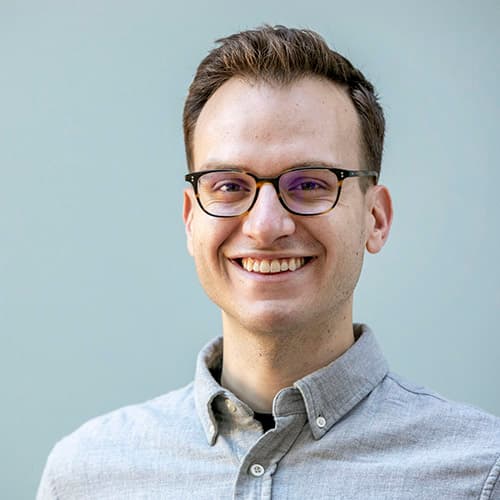The three colleges that make up the Auraria Higher Education Center in Denver are expanding a scholarship program that provides free education to descendants of people displaced by the campus' construction during the 1970s.
Leaders at the University of Colorado Denver, Metropolitan State University of Denver and Community College of Denver announced Thursday that, moving forward, anyone related to Aurarians who lived in the neighborhood from 1955 to 1973 will be eligible. The scholarship program was previously limited to the children and grandchildren of former residents.
"This means that the scholarship will live in perpetuity," said Nolbert Chavez, a CU regent, during a ceremony announcing the change.
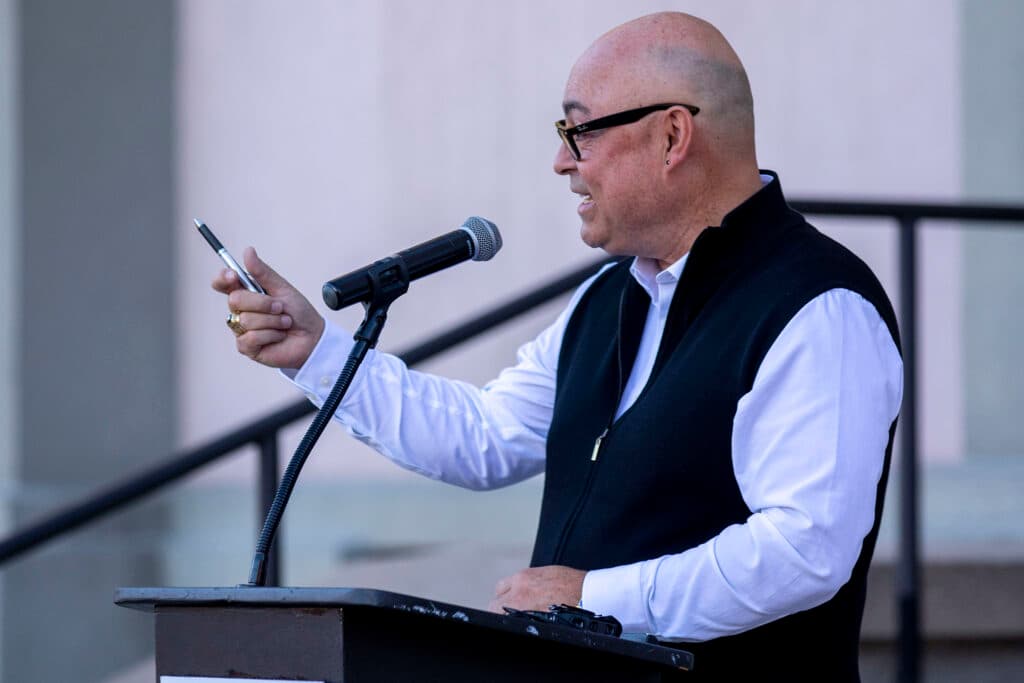
Leaders have also loosened rules within the program, removing a cap on the number of credit hours students can take and the types of degrees they can earn. Recipients who attend CU Denver can now earn doctorate degrees through the scholarship, Chavez said.
Hundreds of residents, mostly Hispanic and Indigenous people of color, were forced to sell their homes and move from the area in the early 1970s, during a city-led urban renewal campaign. Leaders at the time promised free tuition for the children and grandchildren of affected residents as a reparation.
But the initial program was disorganized. Many students were unable to access funds, or had to jump through "multiple hoops" to get them, Chavez said.
Campus leaders restructured the program in the 1990s. Since then, more than 1,000 students have received free tuition at the three schools.
College leaders said the decision was part of a "seismic social change" happening on higher education campuses around the country.
"This is one step toward a multi-faceted, long-term effort to honor and support the displaced Aurarians and the sacrifices they made of their homes, families, and livelihood," said Michelle Marks, a CU Denver chancellor. "We are committed to our role as an equity-serving institution and investing in the future of our surrounding neighborhoods."
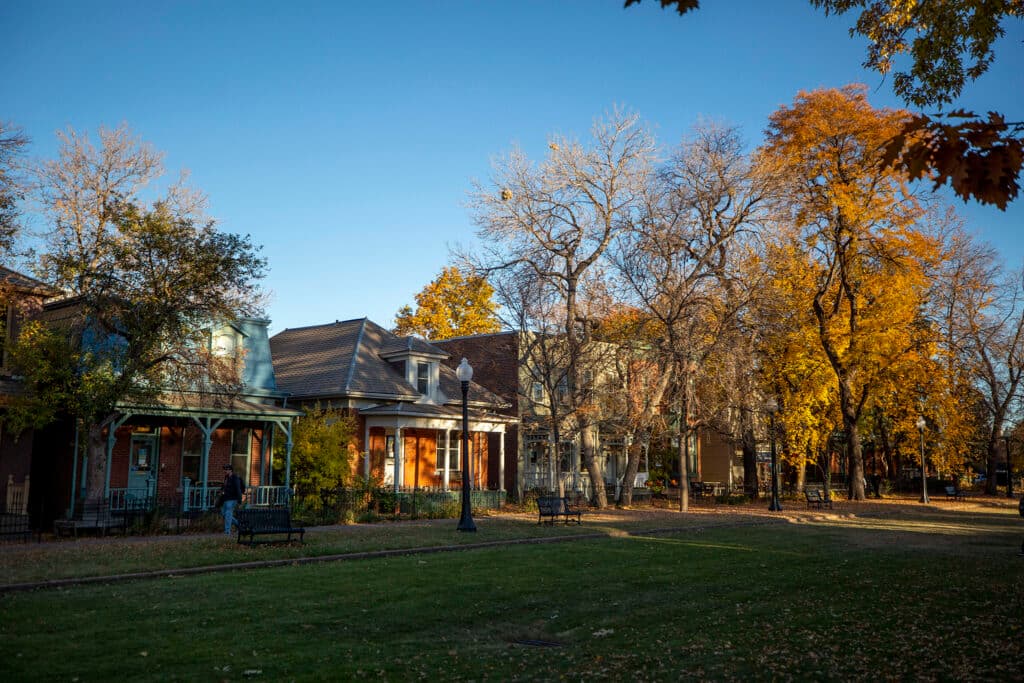
The Auraria campus currently serves around 40,000 students and 5,000 staff. CU Denver, CCD and MSU share the space, which includes classrooms, a theater, a student union and administrative offices.
All three schools are federally designated as Hispanic-serving institutions, meaning they all have an undergraduate population that is at least 25 percent Hispanic or Latino. Students of color make up the majority of the campus' student body.
Many families are still traumatized by their forced removal from the former neighborhood, said Alexi High, whose grandparents and great-grandparents owned the Casa Mayan, a historic home and local restaurant in Auraria. High, 41, studied art at the Auraria campus and received a teaching certificate through the scholarship program.
"There are still a lot of regrets that my family has," High said. "You never know what your family gave up by being kicked out."
Residents who attended the Thursday ceremony praised the new changes to the program. Groups celebrated with cultural dances, speeches and a healer's blessing.
"Our community was unique and it is still a community," said Frances Torres, whose family was forcibly displaced from the neighborhood when she was 19. "This is a step toward ensuring that all the promises that were made to our community were kept."
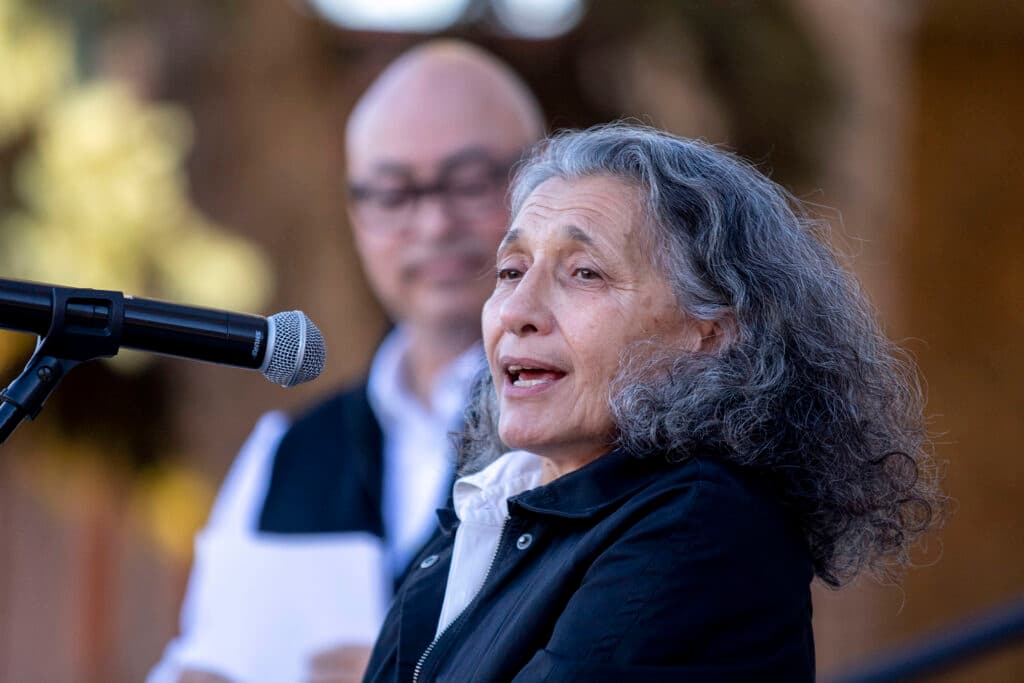
The expanded scholarship program will roll out during the spring 2022 semester at the three Auraria campus schools. Applicants must be Colorado residents, and provide proof of lineage.
More information is available on the program's website.
